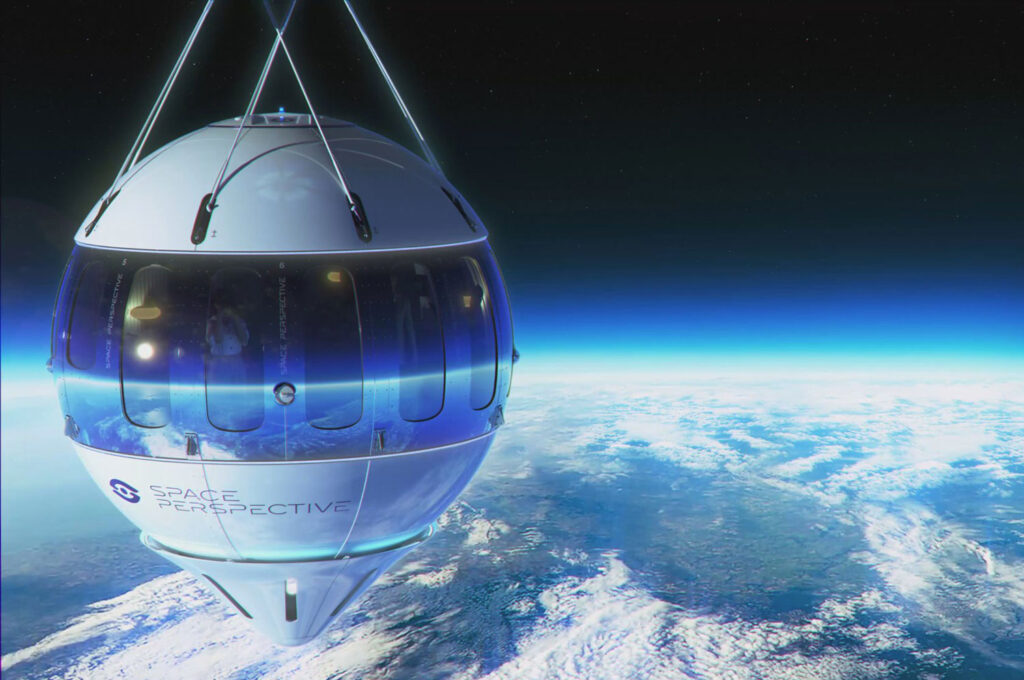The world of travel is evolving faster than ever, opening doors to experiences once considered impossible. From exploring iconic landmarks in virtual reality to planning real trips beyond Earth’s atmosphere, the modern traveler now has more options than any generation before.
Virtual Travel Takes Center Stage
Advancements in technology have made virtual tourism a game-changer. High-definition VR headsets allow users to walk through the streets of Paris, explore the Great Wall of China, or dive into the Great Barrier Reef all without leaving home. Virtual travel offers a practical solution for individuals with mobility challenges, tight budgets, or environmental concerns. Many tourism boards and museums have embraced this trend, creating immersive online experiences that capture the essence of real-world exploration.
Space Tourism Becomes a Reality
What was once the stuff of science fiction is now a booming industry. Companies like SpaceX, Blue Origin, and Virgin Galactic are competing to take paying customers to the edge of space. While ticket prices remain in the hundreds of thousands of dollars, growing demand and innovation are expected to make space travel more affordable in the future. These flights offer passengers breathtaking views of Earth, zero-gravity experiences, and the thrill of venturing beyond our planet’s atmosphere.
The Rise of Hybrid Travel Experiences
As virtual and physical travel merge, hybrid tourism is on the rise. Travelers are using VR previews to plan trips, ensuring they choose destinations that truly match their interests. Augmented reality apps enhance physical visits by providing real-time information about historical sites, cultural landmarks, and local cuisines. This blend of digital and physical experiences is making travel more informative and personalized.
Challenges and Opportunities
While these advancements bring excitement, they also pose challenges. Space tourism raises concerns about carbon emissions and safety. Virtual tourism, though convenient, lacks the sensory richness of real travel like tasting local dishes or feeling the ocean breeze. The key will be finding a balance between innovation and sustainability.
The future of travel is no longer confined to trains, planes, and cruise ships. It is a world where digital immersion and interstellar journeys coexist, expanding horizons for those eager to explore. Whether through a headset or a rocket, the possibilities for discovery are limitless.

